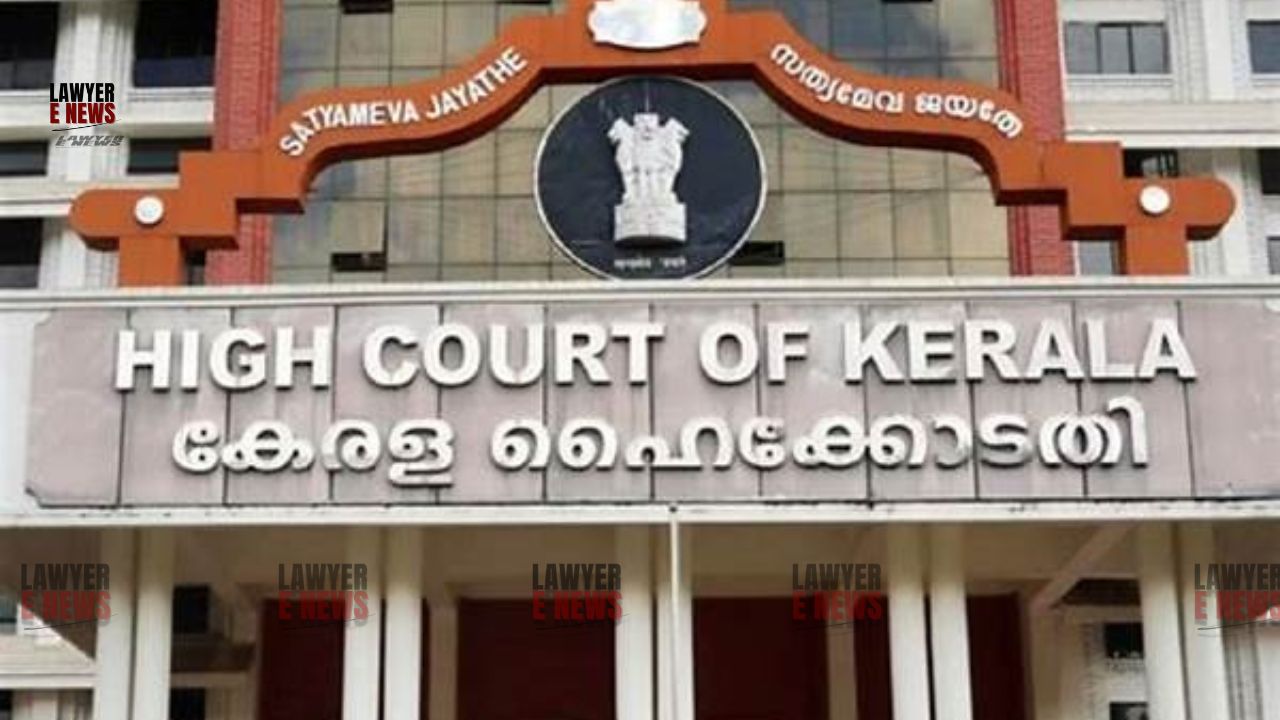-
by sayum
14 February 2026 2:22 PM



High Court affirms limits of Insurance Ombudsman’s powers under Insurance Ombudsman Rules, 2017 . In a significant ruling, the Kerala High Court has affirmed that the Insurance Ombudsman exceeded its jurisdiction by directing an insurer to issue a medi-claim policy at pre-revised premium rates. The judgment, delivered by a bench comprising Justices A. Muhamed Mustaque and Shoba Annamma Eapen, upheld the decision of a learned Single Judge, emphasizing the constraints of the Ombudsman’s authority as delineated in the Insurance Ombudsman Rules, 2017.
The appellant, N.S. Gopakumar, had been renewing his medi-claim policy with The Oriental Insurance Company Ltd. through the Punjab National Bank since December 2014. In 2018, the premium was substantially increased from ₹7,172 to ₹19,587. Disputing this hike, the appellant approached the Insurance Ombudsman, which directed the insurer to issue the policy at the old premium rate. The insurer contested this directive in the High Court, arguing it exceeded the Ombudsman’s powers. The learned Single Judge quashed the Ombudsman’s order, leading to the present appeal.
The High Court delved into the specific provisions of the Insurance Ombudsman Rules, 2017, focusing on Rule 13, which outlines the Ombudsman’s duties, and Rule 17, which governs the Ombudsman’s authority to pass awards. The court noted that while Rule 13 permits the Ombudsman to handle complaints about premium disputes, Rule 17 limits the Ombudsman’s power to awarding compensation rather than issuing directives to insurers regarding policy terms.
The court addressed the appellant’s reliance on Supreme Court precedents, clarifying that those cases involved insurance disputes but did not pertain to awards passed by the Insurance Ombudsman. Thus, the principles from those cases were deemed inapplicable.
The judgment elaborated on the interpretation of the relevant rules, asserting that the Ombudsman can only award compensation up to ₹30 lakhs for the direct loss suffered by the complainant. "Nowhere in the Rules is it stated that the Insurance Ombudsman has power to issue directions to the insurer to issue a policy at a specified premium," the court observed. The bench concluded that the Ombudsman’s directive to issue the policy at the old rate was beyond its legal mandate.
Justice Shoba Annamma Eapen remarked, “Even if the Insurance Ombudsman finds that an award has to be passed in favor of a complainant, the power conferred on him as per Rule 17 of the Rules is only to award compensation and not to give any direction to the insurer.”
The dismissal of the appeal underscores the Kerala High Court's stance on maintaining the legal boundaries of the Insurance Ombudsman’s powers. By upholding the lower court's findings, the judgment clarifies that the Ombudsman cannot compel insurers to adhere to outdated premium rates, thereby reinforcing the regulatory framework that governs insurance dispute resolutions. This decision is expected to influence how similar disputes are addressed in the future, ensuring that the Ombudsman’s role remains within the statutory limits.
Date of Decision: July 01, 2024
